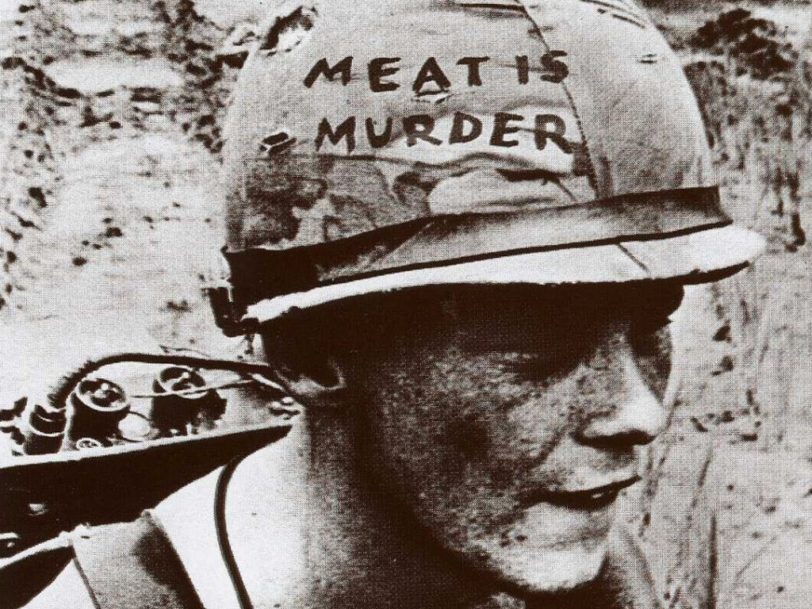To all intents and purposes, The Smiths’ self-titled debut album was a great success. It hit No.2 in the UK, won the band a gold disc and established the Manchester quartet as a mainstream act. Artistically, though, it was a compromise, with the group deferring to two separate producers as they pieced the record together. For their second album, Meat Is Murder, they decided to take on production duties themselves – with a little help from their trusty new engineer.
Listen to Meat Is Murder here.
“The feeling in the band was very positive”
Rough Trade label boss Geoff Travis “called and said the band want to do a record where they can produce it themselves”, Stephen Street told Uncut in 2015. “They want to work with an engineer they like and trust – would I be up for it?”
Originally learning his trade as an in-house engineer for Island Records, Street was blown away by The Smiths’ second single, This Charming Man, and harboured desires to work with them thereafter. He took care of the sonics on the band’s first UK Top 10 hit, Heaven Knows I’m Miserable Now, and jumped at the opportunity to man the console for the Meat Is Murder sessions.
“I was literally the same age as Morrissey,” Street told Uncut. “I’m in the same age group as the band. Morrissey was the eldest, then it was me. So it was a bunch of guys together. We were experimenting. You could tell that the feeling in the band was very positive.”
“They knew they were on to something good”
The vibe in The Smiths’ camp circa Meat Is Murder was indeed extremely upbeat as the album came together during sessions at Amazon Studios in Kirkby, outside Liverpool, in the winter of 1984. The band were driven to the studio in a white stretch Mercedes from Manchester on a daily basis, and their camaraderie was at an all-time high.
“We had about 80 per cent of the songs already in hand,” Andy Rourke remembered. “We always worked in the same way. Johnny, myself and Mike would put down a rough track with Johnny playing live guitar, just so we had a reference. We’d go all the way back and Mike would lay down the drums proper, listening to Johnny’s guitar, and then I’d put the bass on top. Then Johnny would layer all his guitars. Lastly, Morrissey would do his magic over the top.”
Sonically, Meat Is Murder found The Smiths upping their game. Marr’s trademark jangly guitars still drove I Want The One I Can’t Have and the poignant Well I Wonder, but the record’s overall sound was tougher and broader stylistically, with Rusholme Ruffians and Nowhere Fast both inflected with rockabilly, and the seven-minute Barbarism Begins At Home propelled by an infectiously funky groove.




